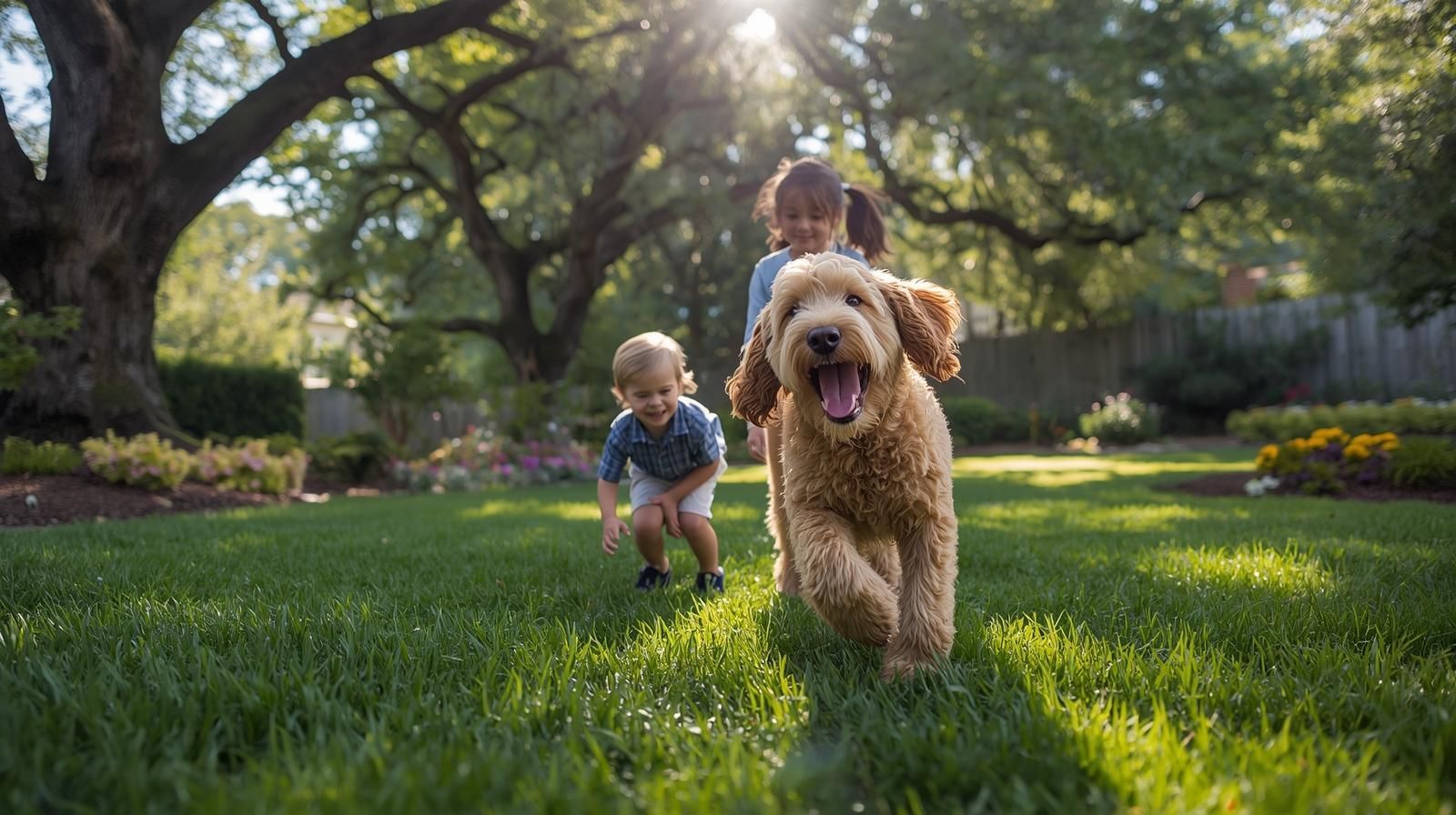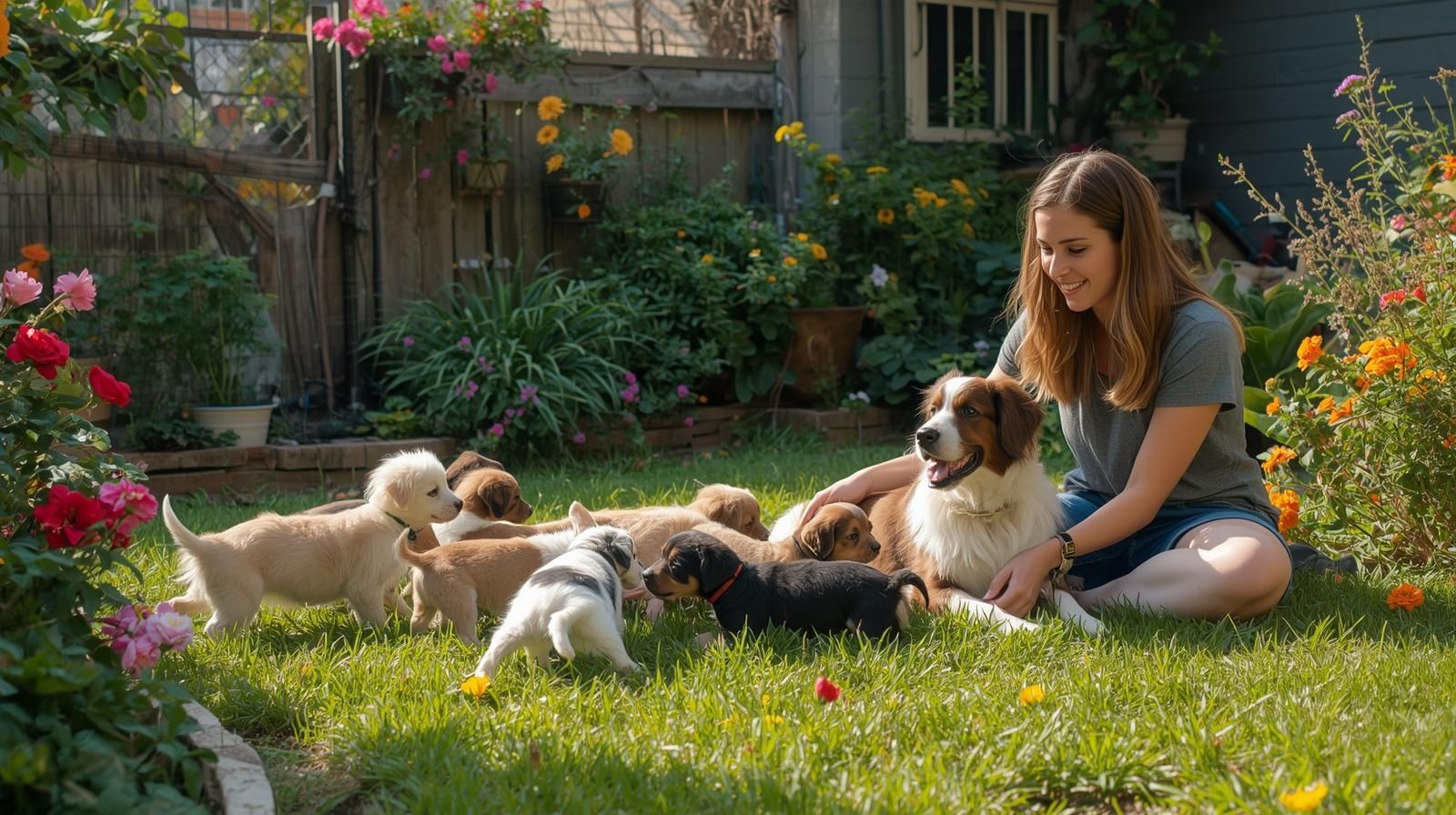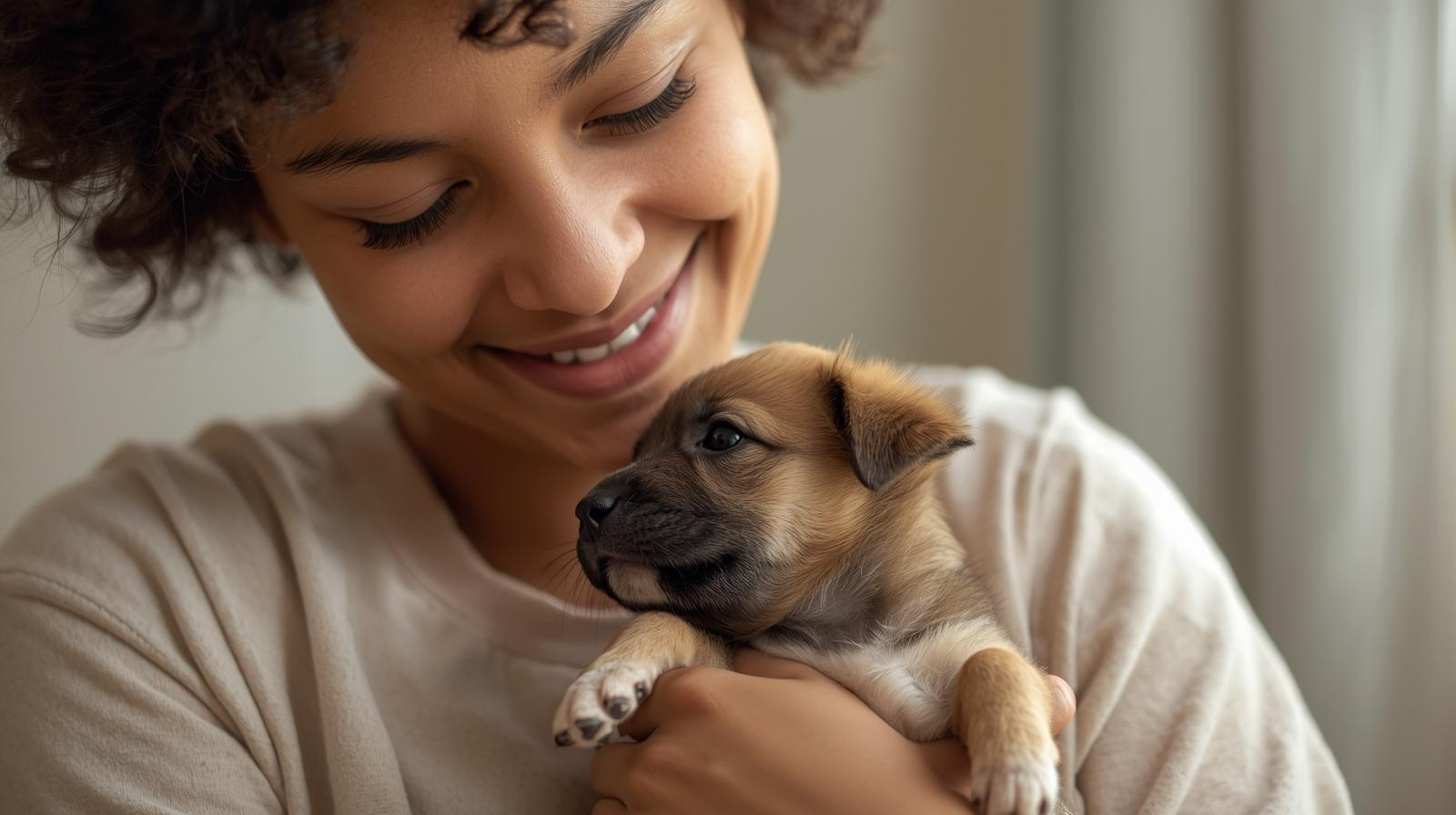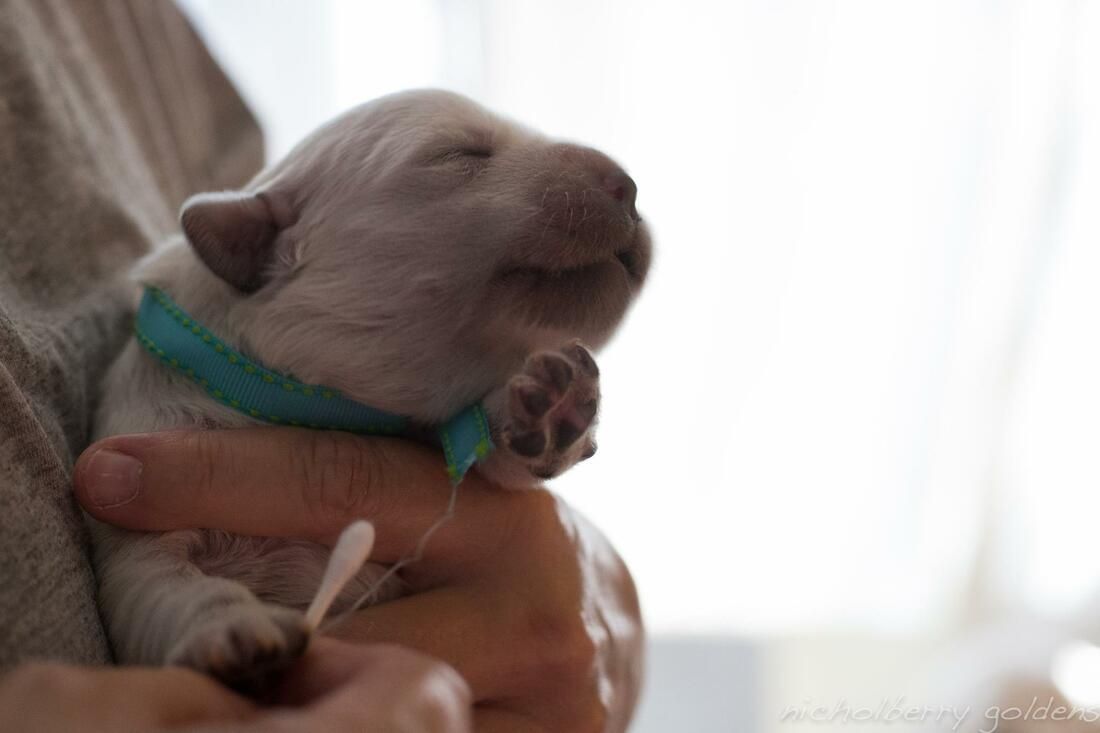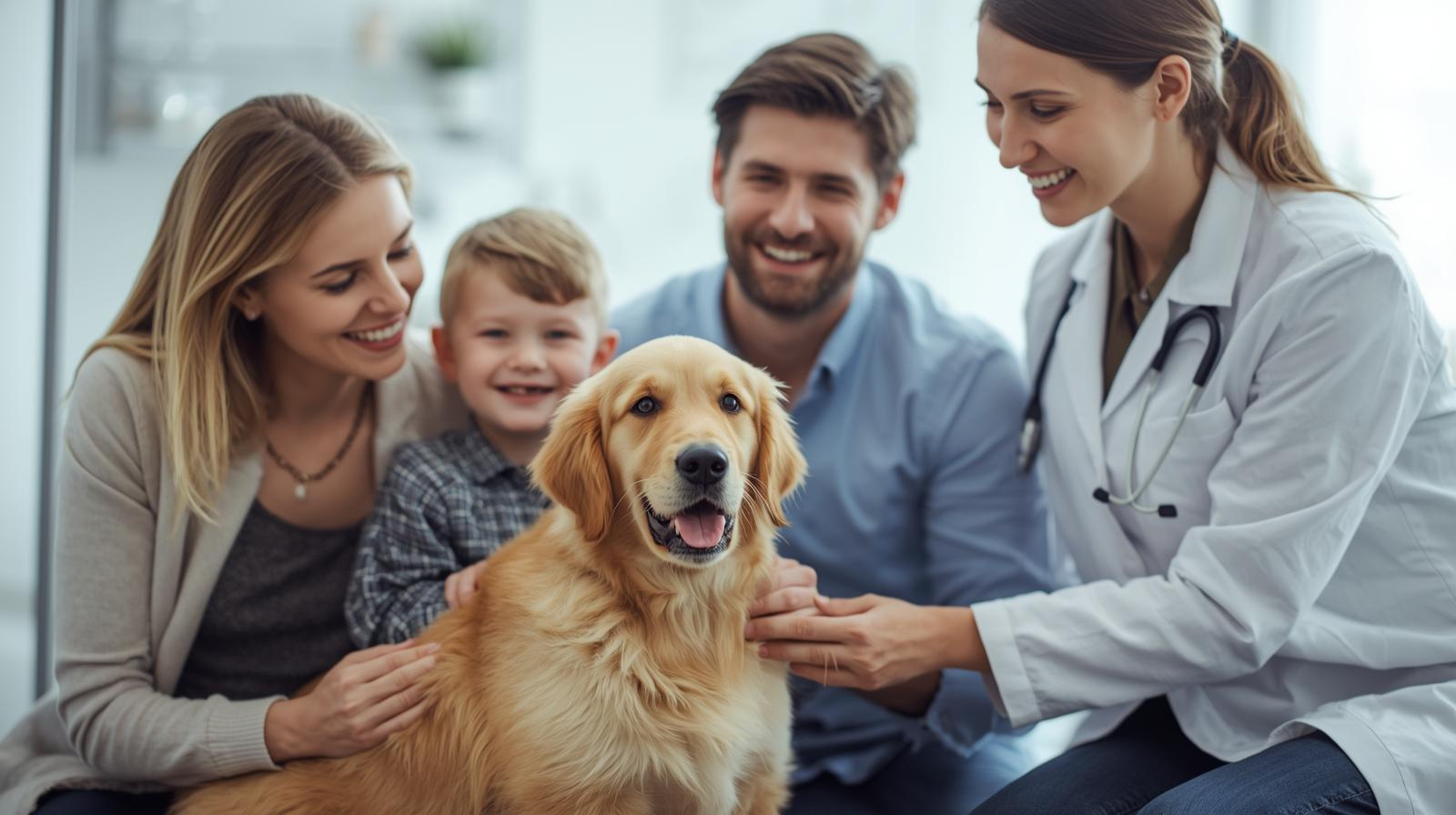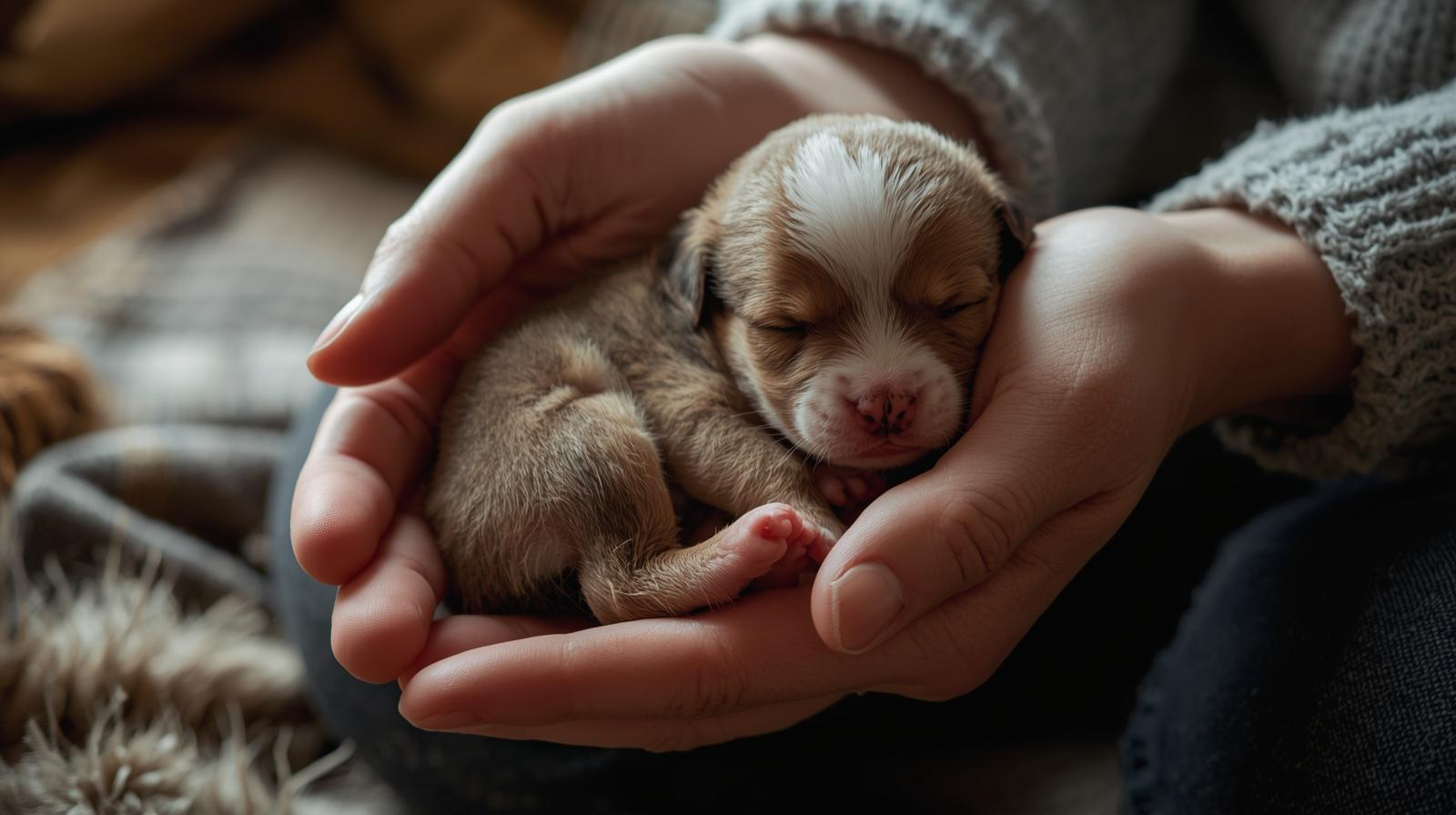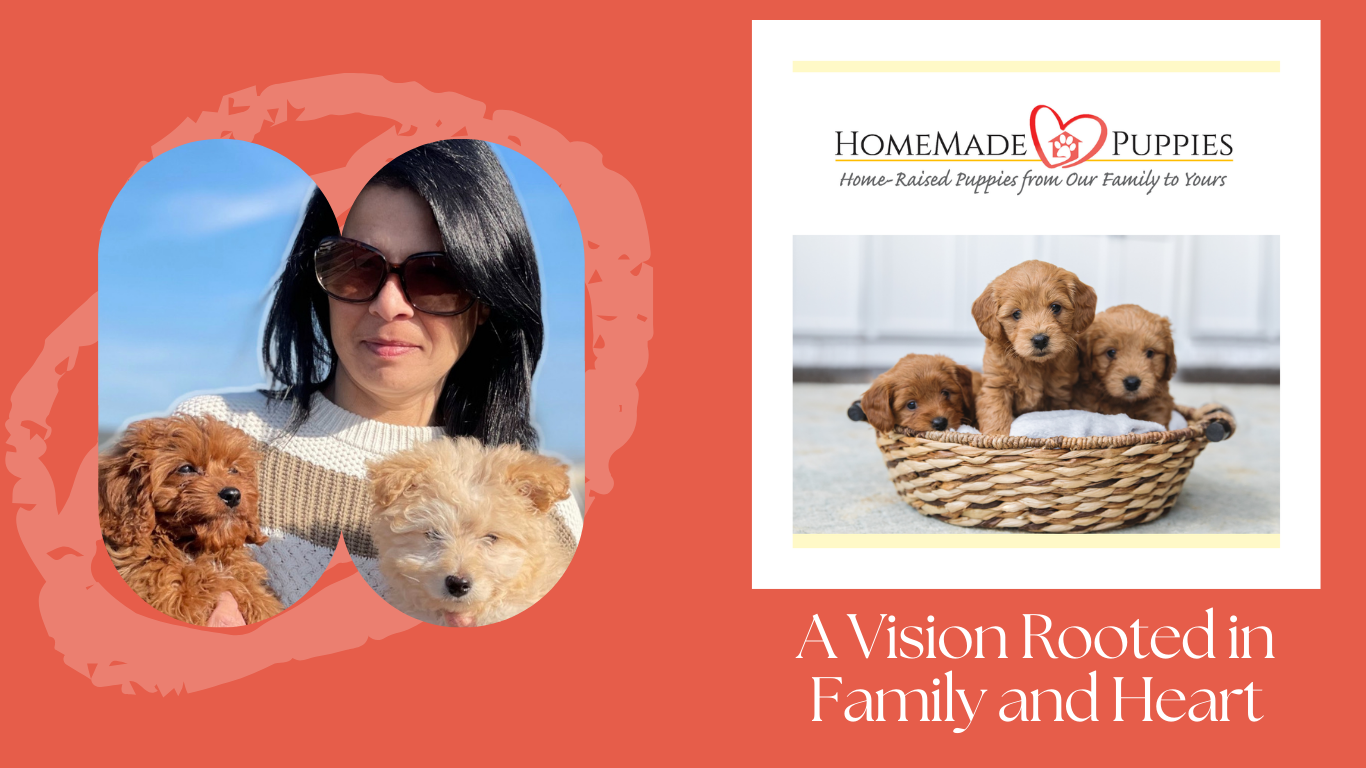From Whelping Box to Family Room: The Stages of Puppy Development
Every Great Dog Starts With a Great Beginning
When you see a confident, well-adjusted dog out in the world, it’s easy to forget how their journey began. From their first breath to the day they join their forever family, every stage of early development shapes who they will become.
At Homemade Puppies, we guide our breeders through these milestones so each puppy’s story begins with structure, care, and purpose — long before they ever leave the whelping box.
Stage 1: The Neonatal Period (Birth – 2 Weeks
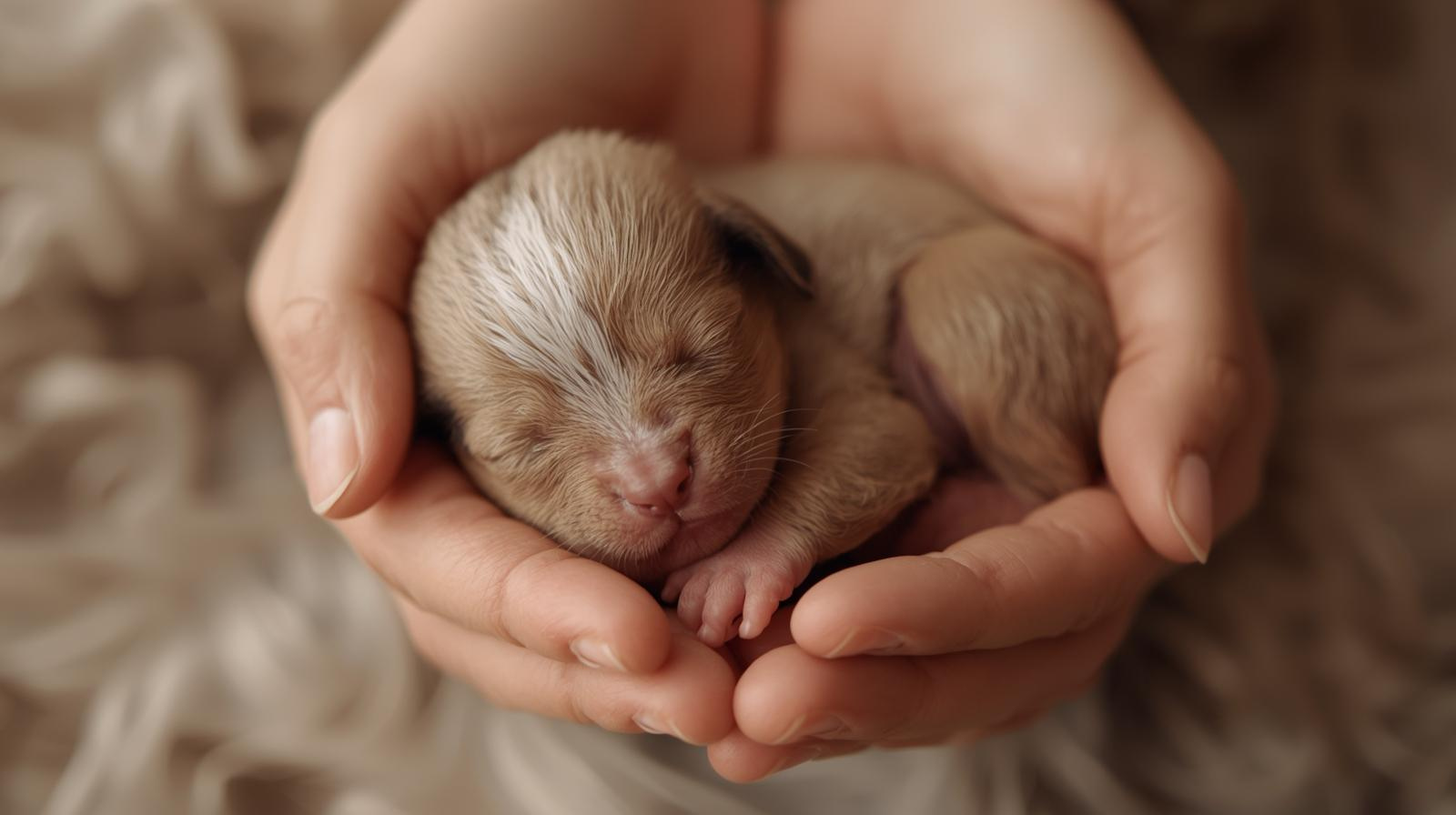
During the neonatal stage, puppies are blind, deaf, and completely dependent on their mother for warmth, nutrition, and regulation. These early days are fragile and foundational.
Breeders begin:
- Gentle daily handling
- Temperature and comfort management
- Early Neurological Stimulation (ENS) — brief exercises that encourage resilience, cardiovascular strength, and stronger nervous systems
Each soft moment of care in this period sets the tone for how a puppy will respond to new experiences throughout life.
Stage 2: The Transitional Period (2 – 3 Weeks
Eyes open. Ears begin to hear. Puppies start wobbling on unsteady legs and expressing curiosity for the very first time.
This is the beginning of awareness — and the perfect time to introduce safe, gentle novelty.
Breeders support this stage with:
- A calm, predictable environment
- Gradual introduction of soft sounds
- Age-appropriate sensory stimulation
- Early Scent Introduction (ESI) — introducing new scents that support brain development and curiosity
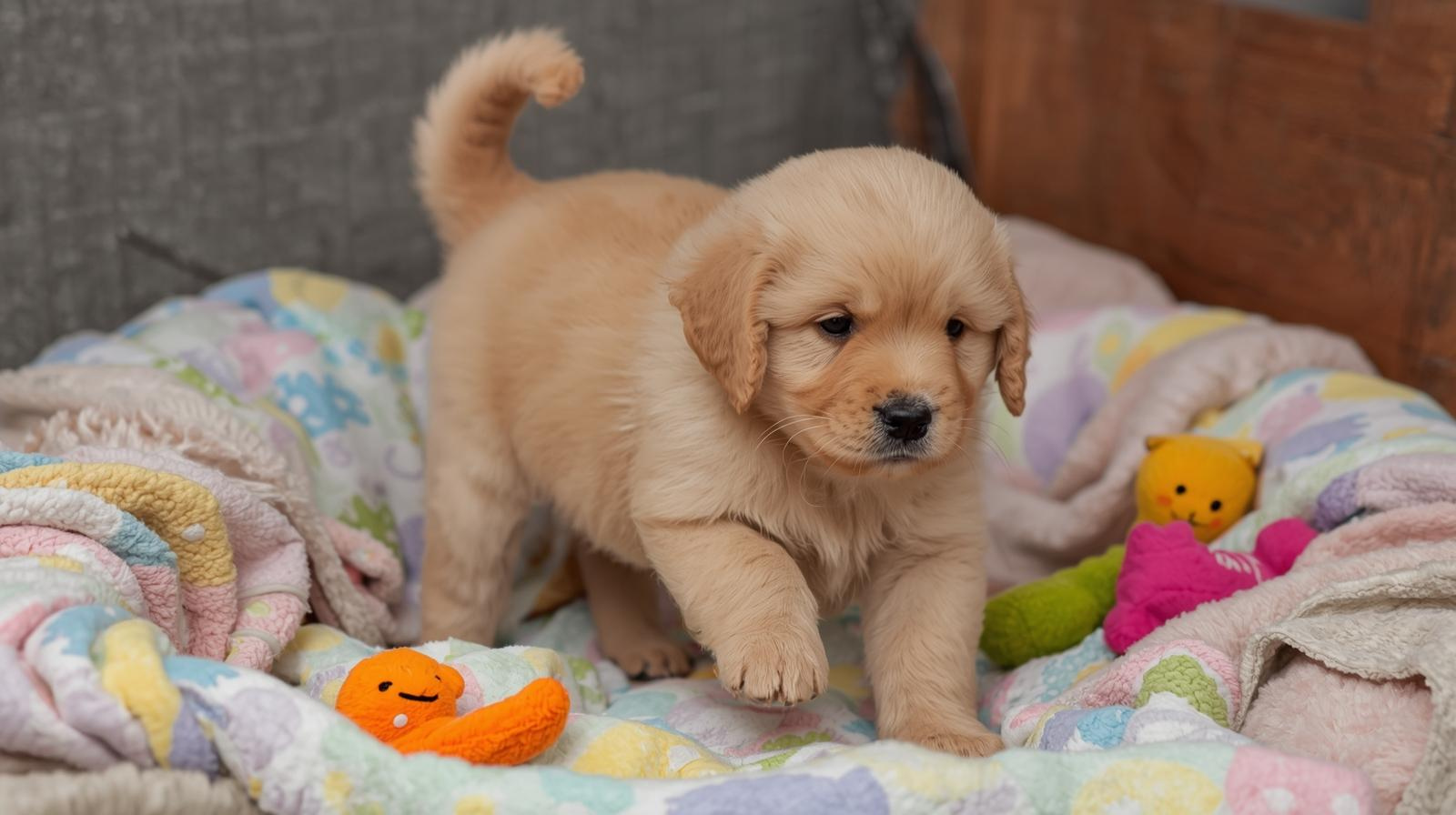
This stage marks the first spark of confidence.
Stage 3: The Socialization Period (3 – 8 Weeks)
This is where the magic happens.
During this critical window, puppies learn:
- What’s safe
- What’s fun
- How to engage with people
- How to communicate with littermates
- How to explore without fear
Breeders introduce:
- Household sounds (vacuum, TV, dishwasher)
- Handling by different people
- Toys and safe novelty items
- Different floor textures — grass, gravel, wood, carpet
- Calm crate introductions
- Positive early experiences with movement and touch
Every gentle, positive moment in this stage helps prevent fear-based behaviors, anxiety, and reactivity later in life.
Stage 4: The Transitional Home Period (8 Weeks and Beyond)
Once a puppy goes home, the learning doesn’t stop — it expands into the world around them.
Families continue the foundation their breeder began through:
- Structure
- Predictable routines
- Gentle guidance
- Consistent exposure
- Safe socialization
- Early training
This is when bonding deepens, personalities bloom, and early habits begin forming.
For families wanting extra structure, Neshaminy Creek Dog Training offers Stay & Train programs that support:
- Crate training
- House manners
- Confidence building
- Positive socialization
- Calm, relaxed behavior
These programs reinforce everything the breeder started — helping puppies transition easily from breeder home to family home.
Why These Stages Matter
Understanding these developmental stages helps families see that early development is more than science — it’s love in action.
Every breeder in the Homemade Puppies network receives trainer-led guidance on:
- Early emotional development
- Confidence building
- Exposure without overstimulation
- Health and temperament shaping
Because when the earliest weeks are handled with intention, the result is not just a well-trained puppy — it’s a relaxed, confident companion for life.
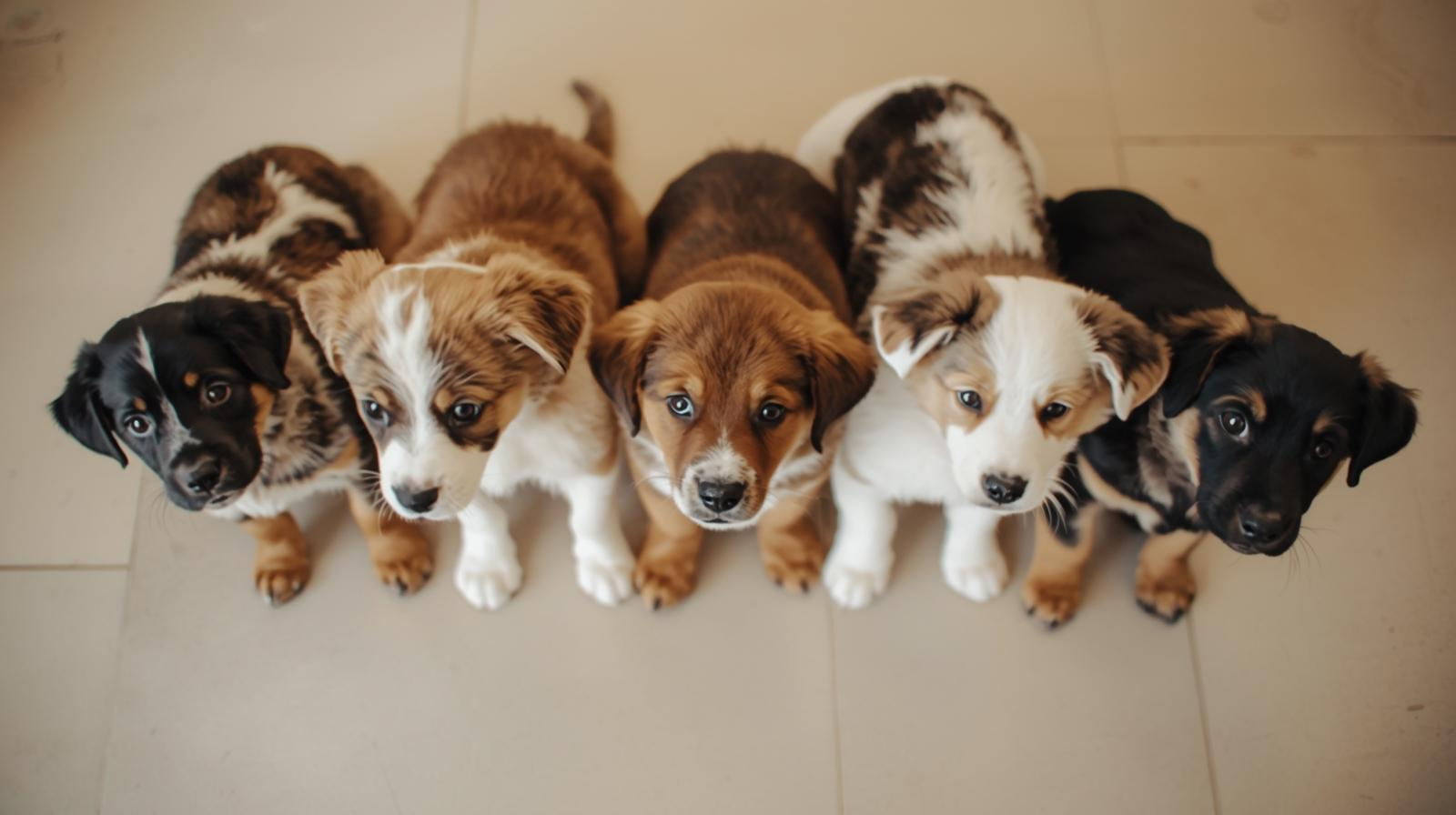
The Homemade Puppies Difference
We believe every stage of a puppy’s early life deserves intention, education, and heart. That’s why we partner exclusively with small, home-based breeders who:
- Raise puppies inside their homes
- Provide hands-on daily care
- Use breeder education and early development practices
- Build social, stable, confident puppies from the start
From the whelping box to the family room, every step matters.
Explore trusted in-home raised puppies at Homemade Puppies and start your journey with confidence.

